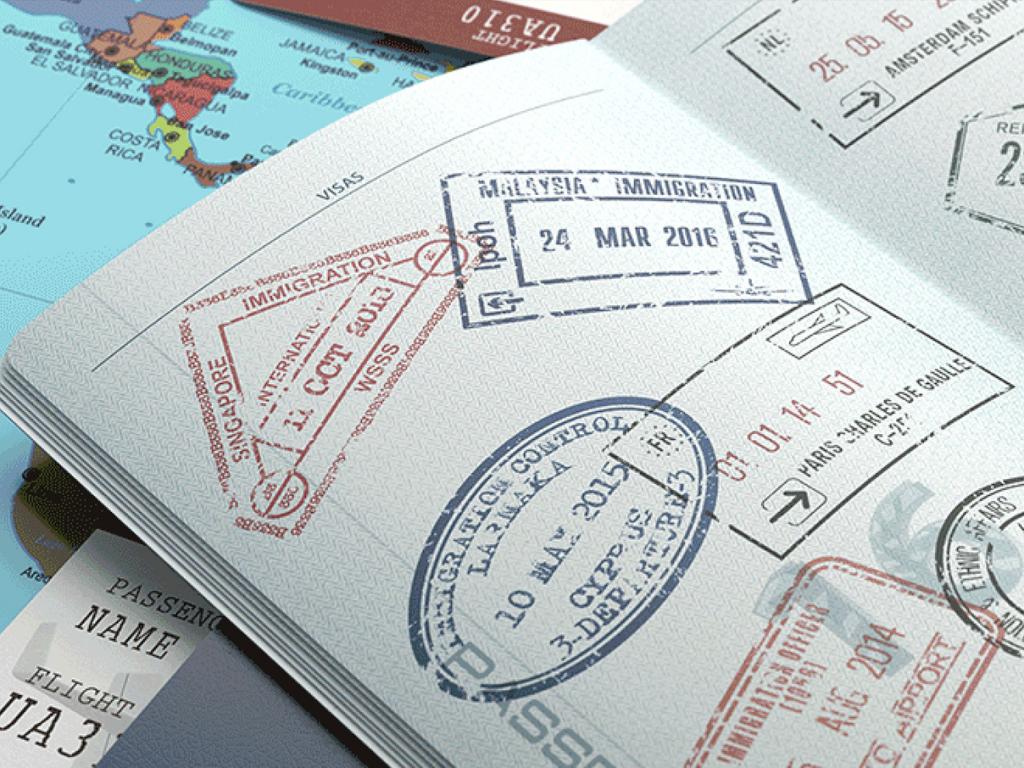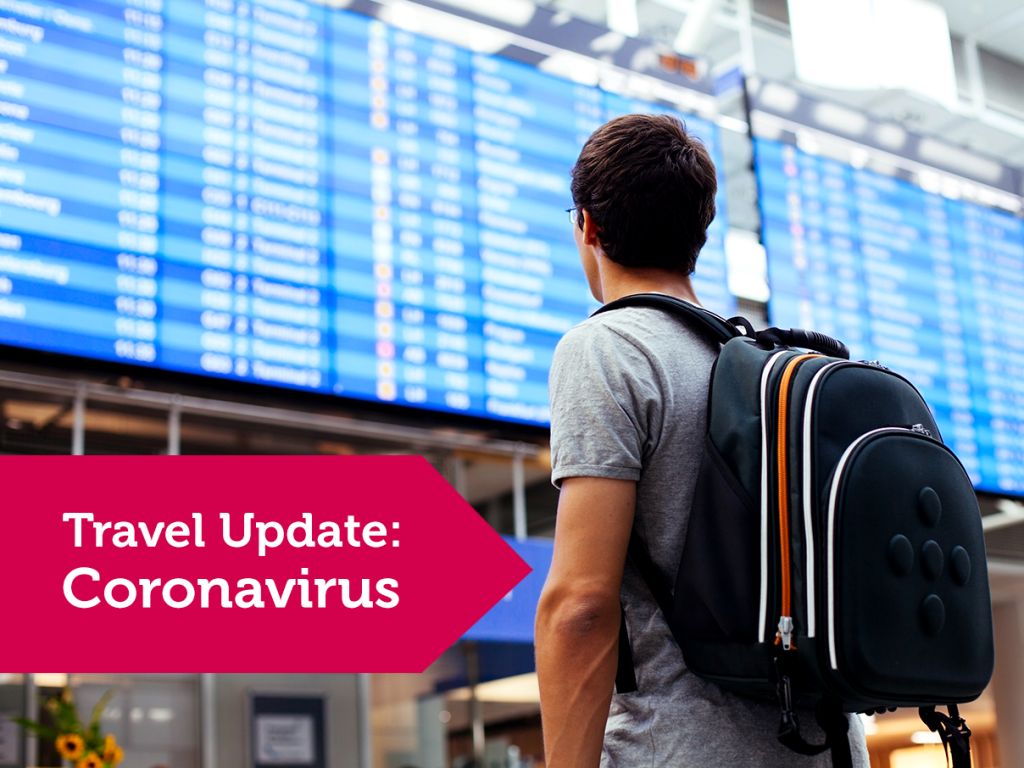
Covid-19, the disease caused by the novel coronavirus, is now officially a state of disaster in South Africa, President Cyril Ramaphosa announced on Sunday night.
That means travel bans for people from some countries, schools shutting down – and a prohibition on any event involving the gathering of more than 100 people.
With South Africa's economy already feeling the pinch of the Covid-19 pandemic, Ramaphosa promised that the government is on the verge of finalising a comprehensive package of interventions to mitigate the expected impact.
Most major universities across the country have suspended classes with immediate effect.
Details of the economic package and other measures are due to be announced by cabinet ministers, but Ramaphosa announced broad-strokes measures that include:
- Gatherings of more than 100 people have been prohibited.
- Schools will be closed from Wednesday, 18 March, and remain closed until after Easter weekend.
- All visits to South African prisons have been banned for 30 days.
- 35 of South Africa's land ports of entry – two thirds of the total – will be shut down, and two of the eight sea ports will not accept passengers or crews rotating off ships.
South Africans have been advised to avoid travelling, even domestically, wherever possible, and Ramaphosa called on businesses and shopping malls to ramp up hygiene measures.
The government is talking to universities, Ramaphosa said, and is identifying isolation and quarantine sites throughout the country.
Here's what we know so far about the novel coronavirus behind Covid-19 in South Africa and beyond.
Government will take steps to minimise impact of coronavirus on the economy, Ramaphosa promises.
With South Africa's economy already feeling the pinch of the Covid-19 pandemic, President Cyril Ramaphosa promised that the government is on the verge of finalising a comprehensive package of interventions to mitigate the expected impact on the economy.
Details are due to be released during the course of the week.
Big universities have suspended classes.
Most major universities across the country have suspended classes with immediate effect, including:
- the University of Cape Town
- the University of KwaZulu-Natal
- the University of Johannesburg
- the University of the Witwatersrand.
Under a national state of emergency, gatherings of more than 100 people are now prohibited in SA, and borders are partially closed.
On Sunday night President Cyril Ramaphosa announced drastic measures to contain the spread of the SARS-CoV-2 virus which causes Covid-19.
In terms of a national state of emergency, events that include more than 100 people are prohibited.
Citizens from high-risk countries for the virus, such as Italy and China, are no longer allowed to enter South Africa, and those from medium-risk countries such as Portugal and Singapore will be subjected to extended screening.
Border posts are also physically closing. Two sea ports will no longer accept passengers or crews changing over from ships, and two-thirds of SA's land ports of entry, 35 border posts in all, will close.
Schools will be closed from Wednesday, 18 March, and will remain closed until after the Easter weekend.
No visits will be allowed to prisons for 30 days.
Ramaphosa also urged South Africans to refrain from all travel, including domestically, where possible, and called on businesses and mall operators to do everything necessary to ensure good hygiene.
SOURCE: BUSINESS INSIDER SOUTH AFRICA


